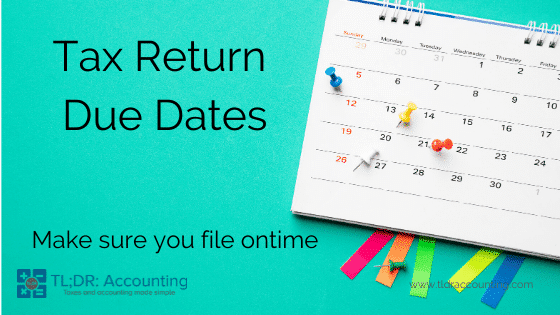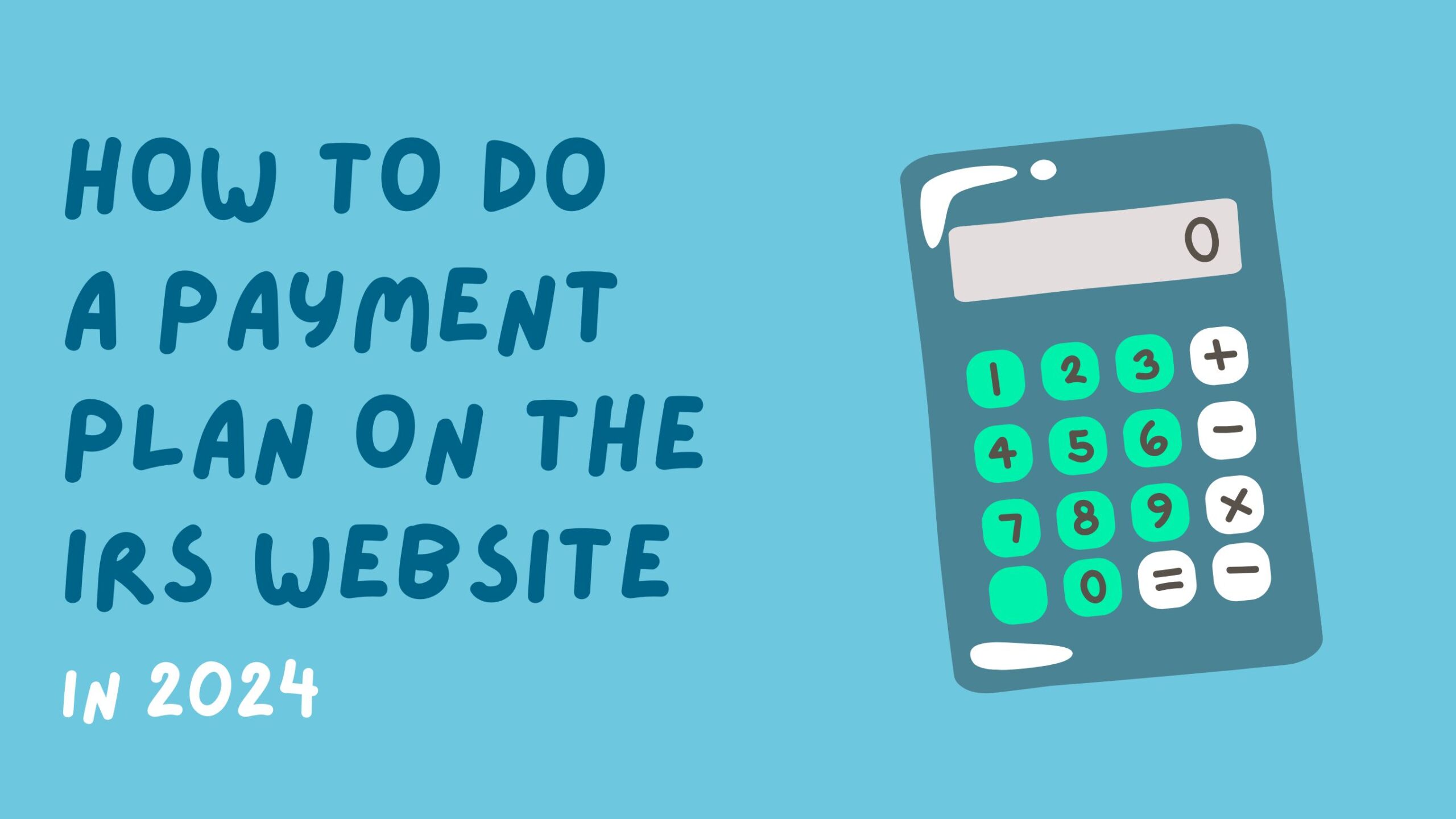Everybody knows about the April 15th tax deadline for individual income tax returns, but did you know that it can be extended? And do you know when your business’s tax return is due?
The Automatic, “No biggie” Tax Return Extension
It’s April 3rd, work is a disaster, and your house is flooded because a pipe just burst in your basement. You just don’t have time for this whole tax thing, and it’s stressing you out. You need more time but you hear the IRS is pretty strict about things.
You’re not wrong — the IRS can be pretty strict. But let us brighten your day and tell you that it’s really “no biggie” to file for an extension. It’s such a “no biggie” that the IRS even calls the extension form (Form 4868) the Application for Automatic Extension of Time To File U.S. Individual Income Tax Return. It’s automatic. The extension works, no questions asked (as long as it’s filed properly and on time).
Now, keep in mind that the 4868 extension is an extension to file but not an extension to pay your taxes. If you would have owed taxes had you filed by April 15th, then you still have to pay the same amount.
“But how do I know how much I would have had to pay, if the taxes haven’t been filed?” you might reasonably ask. Well, that’s why we’re here. We’ll estimate the amount of tax we think you would have owed, and you can send in that amount as payment along with your 4868. No biggie.
There are extensions for other tax returns as well, and they all extend the amount of time you have to file by six months. While that sounds like a long time, please don’t be that person who waits until October 12th to ask us to file your extended return.
Also note that you must either file the extension with payment or your tax return with payment by April 15th, but preferably a bit earlier. There are those who like to file everything at the last minute as a way to “stick it to the IRS,” but trust me, they don’t care that much. And they might not hesitate to slam you with fees and penalties if you experience any kind of delay and end up filing late instead of last-minute.
…But When Are The Other Returns Actually Due?
Let’s start by assuming that your business runs on a calendar year fiscal year. If not, then replace March 15th with “the 15th day of the 3rd month after fiscal year end” and April 15th with “the 15th day of the 4th month after fiscal year end” and May 15th with the “5th month.”
Partnership (Form 1065) and S-Corporation (Form 1120-S) tax returns are due March 15th, or September 15th if extended.
C-Corporation (Form 1120) tax returns have the same due dates as your individual 1040 (April 15th or October 15th if extended).
Not-for-Profit (Form 990) tax returns are due May 15th, and can be extended to November 15th.
Trust and Estate tax returns are due April 15th, but their extension is only for 5 ½ months for some reason, so the extended returns are due September 30th.
When Do We Need to Contact You?
If you want to work with us at TL;DR: Accounting, we have some internal deadlines for submitting information to us if you hope to file your tax returns without an extension.
For Partnerships and S-Corporations, we require your info by February 15th.
For personal tax returns and trusts, we require your info by March 6th.
If you don’t get us your information by the above dates, we will extend your tax return. In such cases, we will process extended returns during May and June.
TL;DR: Your personal return is due April 15th but it can be extended. Most business returns are due March 15th.






